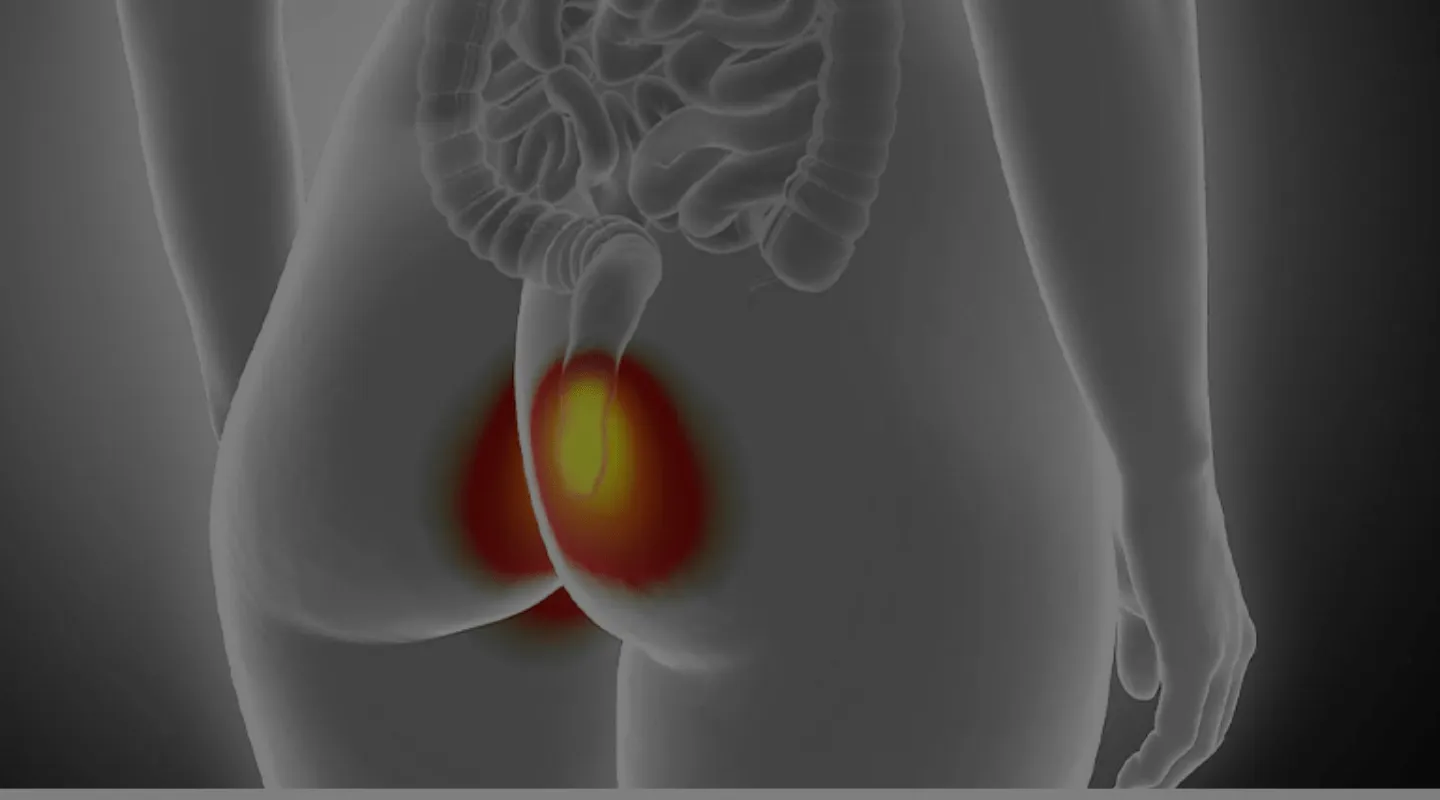
Proctological Surgery
Your Affordable Proctological Surgery in Tunisia
Our specialists treat hemorrhoids, fissures, and fistulas using modern techniques for quick and comfortable recovery.
How does it work?
What is Proctological Surgery?
Proctological surgery is a surgical field focusing on treating various diseases affecting the anus and rectum. This abdominal surgery field utilizes advanced techniques for better results in treating anal pathologies and rectal tumors. Discover everything you need to know about proctological surgery in Tunisia and the various conditions it treats. Proctology aims to identify, study, and treat problems related to the rectum and anus. Conditions affecting this area require careful treatment with appropriate medical equipment. It’s important to note that anal problems can have various origins. Untreated, these issues can cause daily discomfort and suffering. Proctological surgery in Tunisia offers various procedures to treat these conditions, including:
- Hemorrhoids: These dilated veins in the anus or rectum often appear from straining during bowel movements or prolonged sitting on the toilet. Fortunately, these can be prevented by changing bad habits and adopting a healthy diet. In stubborn cases, medical treatment can alleviate symptoms. Surgery may be considered as a last resort.
- Anal Fistulas: An anal fistula occurs when the Hermann gland inside the anus communicates with the surrounding skin, usually due to infection. Only surgery guarantees permanent treatment.
- Rectal Prolapse: Rectal prolapse occurs when the rectum moves out of its normal position and protrudes. It can affect both men and women, though women are at higher risk. Excessive straining during defecation worsens the condition. Surgery may involve rectopexia or removal of the rectal prolapse, the latter reserved for patients who cannot undergo general anesthesia.
- Anal Fissure: An anal fissure is a tear in the skin at the lower end of the anus, causing significant discomfort and pain. It’s common, alongside hemorrhoids, often caused by straining or large stools during bowel movements.
What is the average cost of proctological surgery in Tunisia?
Proctological surgery addresses rectum and anus diseases, such as hemorrhoids, anal fissures, fistulas, and rectal prolapses. Prices vary depending on the procedure type, disease complexity, hospitalization duration, and clinic choice. Tunisian prices are often lower than in the West, while offering quality care from experienced surgeons. Request a detailed quote and inquire about the surgeon’s qualifications, experience, and clinic facilities before making a decision.
What essential information should you know before surgery?
During the proctological examination, the surgeon examines the anus and makes a precise diagnosis. Based on your condition, symptoms, and health status, the surgeon chooses the best procedure. A complete medical file is needed, including your health assessment, blood tests, and history of previous surgeries. Our team will guide you through collecting the necessary documents for your surgery in Tunisia.
How does proctological surgery proceed?
Depending on the type of surgery, it can be performed under general, local, or locoregional anesthesia. A pre-operative appointment with an anesthesiologist will determine the best option. In Tunisia, we use the most modern means to ensure successful surgery. Our highly qualified medical team will support you throughout your care, in a state-of-the-art environment. Depending on the diagnosis and surgeon’s preference, the operation may be performed laparoscopically or traditionally.
Proctological Surgery: What are the after-effects?
Post-operative measures vary depending on the nature, scope, and patient situation. For minor procedures, you may leave the clinic the same day. For more complex procedures, a longer hospital stay might be necessary. After diagnosis and surgery scheduling, your surgeon will confirm your stay duration at the clinic in Tunisia, ensuring optimal care for your recovery.
Our advantages


Organize your medical stay with TDS
Our Tunisian healthcare services are available for any further information or assistance in organizing your surgical stay. Post-operative care varies according to the procedure, complexity, and patient condition. Some procedures are outpatient, allowing same-day discharge. Others require hospitalization. Your surgeon will confirm your stay duration in Tunisia after diagnosis and surgery planning.
Your health, our priority.
Request your free quote.
Frequently Asked Questions
Proctological surgery in IBD patients (Crohn’s disease or ulcerative colitis) may carry increased risks of complications, including infections, anastomotic leaks, and delayed healing. Thorough pre-operative evaluation and specialized care are essential to minimize these risks.
Proctological surgery, particularly for complex anal fistulas, can potentially affect sphincter function. Sphincter-preserving techniques, like LIFT (ligation of intersphincteric fistula tract), are often used to reduce the risk of incontinence.
For grade III or IV hemorrhoids, non-surgical treatments like sclerotherapy or rubber band ligation may be attempted but are often less effective than surgery. Alternatives like radiofrequency ablation (RAFAELO) may offer promising results with less post-operative pain.
Recent advances include robotic surgery, which allows for greater precision and faster recovery, and new techniques like fibrin sealant therapy for anal fistulas, which promotes faster and more effective healing.
Post-operative pain management includes analgesic medication, warm sitz baths, and relaxation techniques. Perineural blocks and local anesthetics may also be used to control immediate post-operative pain.
Infection prevention includes adequate bowel preparation, prophylactic antibiotic administration, and meticulous wound care. Good local hygiene and following the surgeon’s post-operative instructions are essential to reduce infection risks.
Good nutrition and hydration are crucial for quick recovery. A high-fiber diet prevents constipation and aids healing, while hydration maintains bowel function and prevents complications.
Proctological surgery, especially for severe conditions like fistulas or abscesses, can temporarily affect sex life due to pain and discomfort. Communication with a partner and advice from a healthcare professional can help manage these impacts.
The choice depends on the condition’s nature and severity, the patient’s general health, and surgical history. Minimally invasive procedures are often preferred due to reduced pain and faster recovery, but are not always appropriate.
Post-surgical rehabilitation includes pelvic floor strengthening exercises, a balanced diet, and regular follow-up visits. Adhering to the surgeon’s recommendations (avoiding excessive physical exertion and maintaining good local hygiene) is essential for successful recovery.
